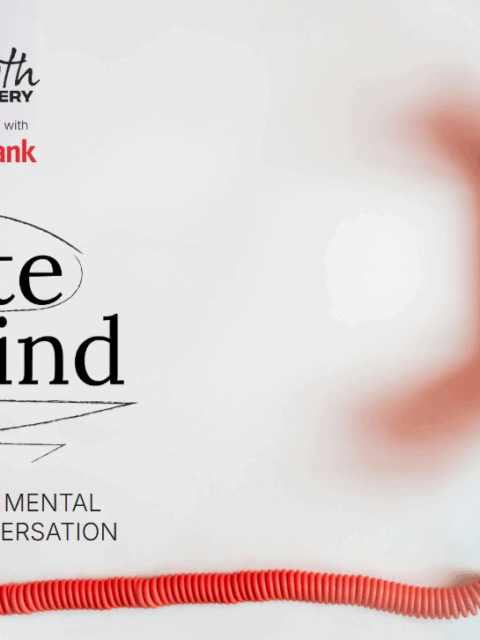The idea distilled…
Australians are currently navigating an era of pervasive uncertainty and emotional overload, leading to widespread stress and silent struggles despite increased mental health awareness.
This vital research underscores that while talking helps profoundly, a significant gap exists between awareness and effective action, with many staying silent.
By providing key insights and practical strategies for home, work, and social circles, the report offers a clear pathway for all Australians to foster open conversations, build trust, and unlock collective resilience.
If nothing else, three things to fuel your growth…
- Foster Open Conversations, Starting Small: Recognise that talking helps significantly, making people up to three times less likely to experience stress, burnout, or loneliness. Build trust by encouraging casual, consistent check-ins and asking “how are you, really?”.
- Prioritise Emotional Safety and Validation: When someone opens up, your response matters more than your advice. Listen without judgment, show empathy, and validate feelings to build emotional safety, especially at home and in the workplace.
- Turn Awareness into Action: Move beyond just recognising signs of distress to taking positive, proactive steps. Encourage healthy habits like movement, better sleep, and engaging in hobbies, and lead by example, particularly for younger generations.
Some additional food for thought…
- Younger Australians (Gen Z and Millennials) are experiencing higher rates of mental distress and are particularly vulnerable to negative impacts from social media mental health content.
- “Silent struggles” such as low self-confidence, fear of failure, feeling overwhelmed, or lack of purpose are common but often go unspoken, chipping away at resilience.
- The emotional toll of work extends beyond the office, with commuting, hybrid work stress, and the constant pressure to be available adding to the mental load.
- There’s a strong desire for more shared understanding of mental health, with 75% of Australians agreeing more needs to be done to build this.
- Individuals who are feeling stressed or have poorer mental well-being are significantly more likely to withdraw and stay at home, potentially concentrating negative emotional states within the household.
- While home is seen as the safest space for mental health discussions, unhelpful responses from partners or parents are not uncommon, highlighting the need for better communication skills within families.





